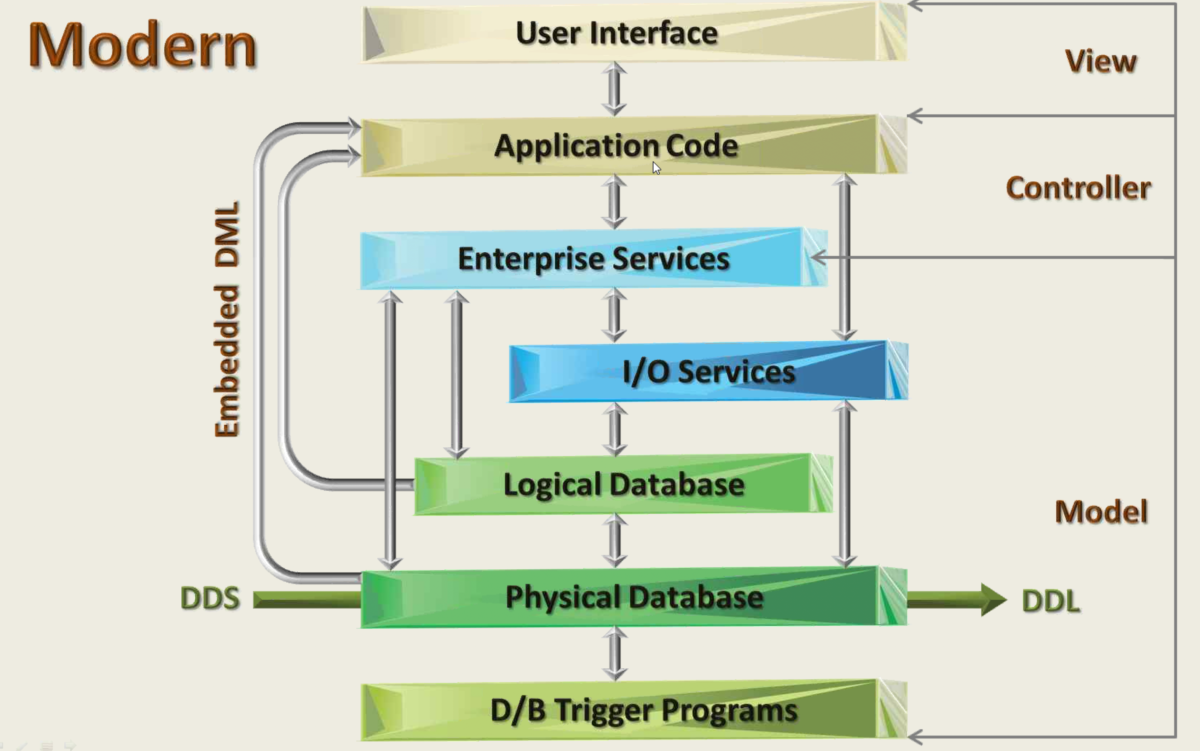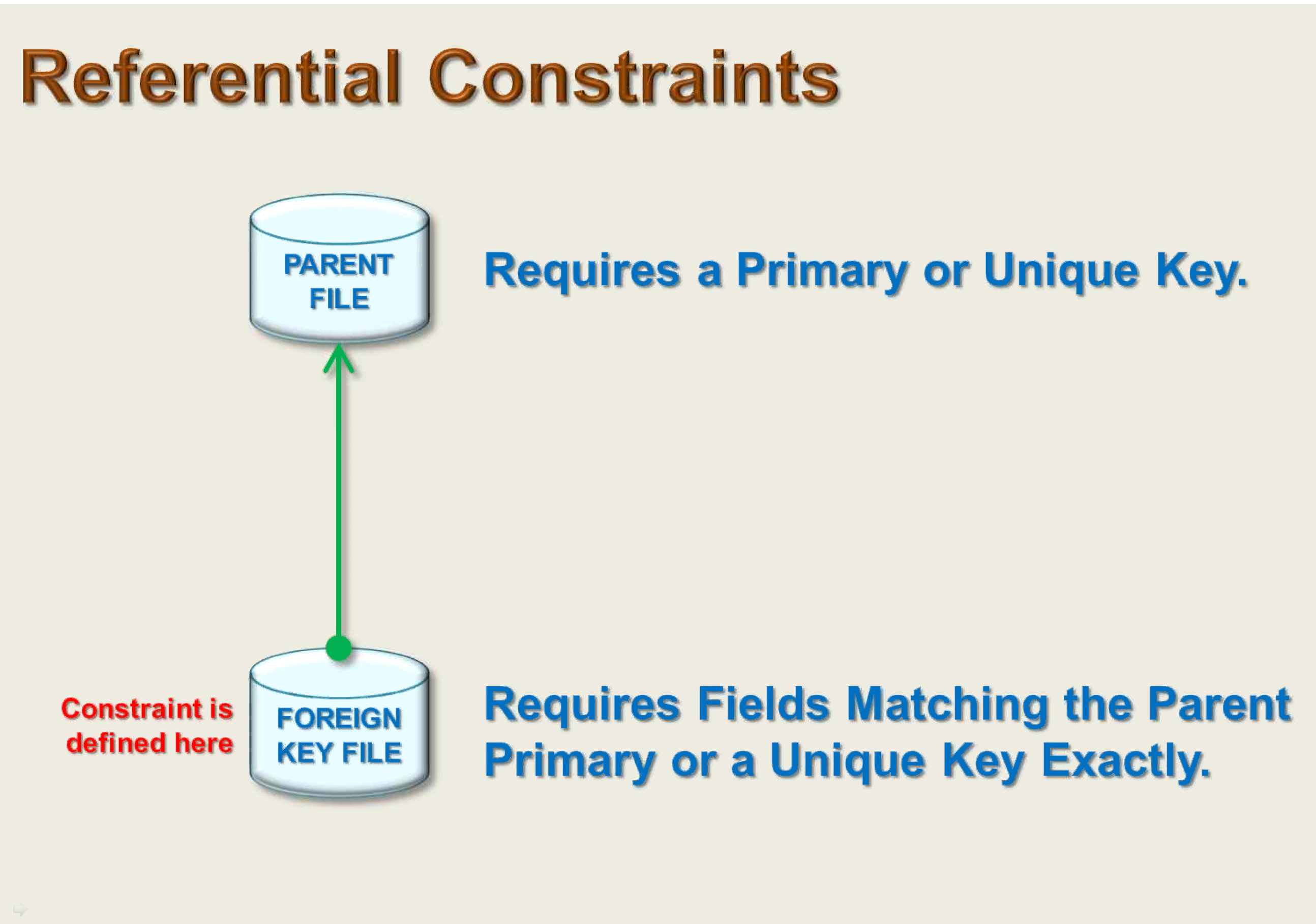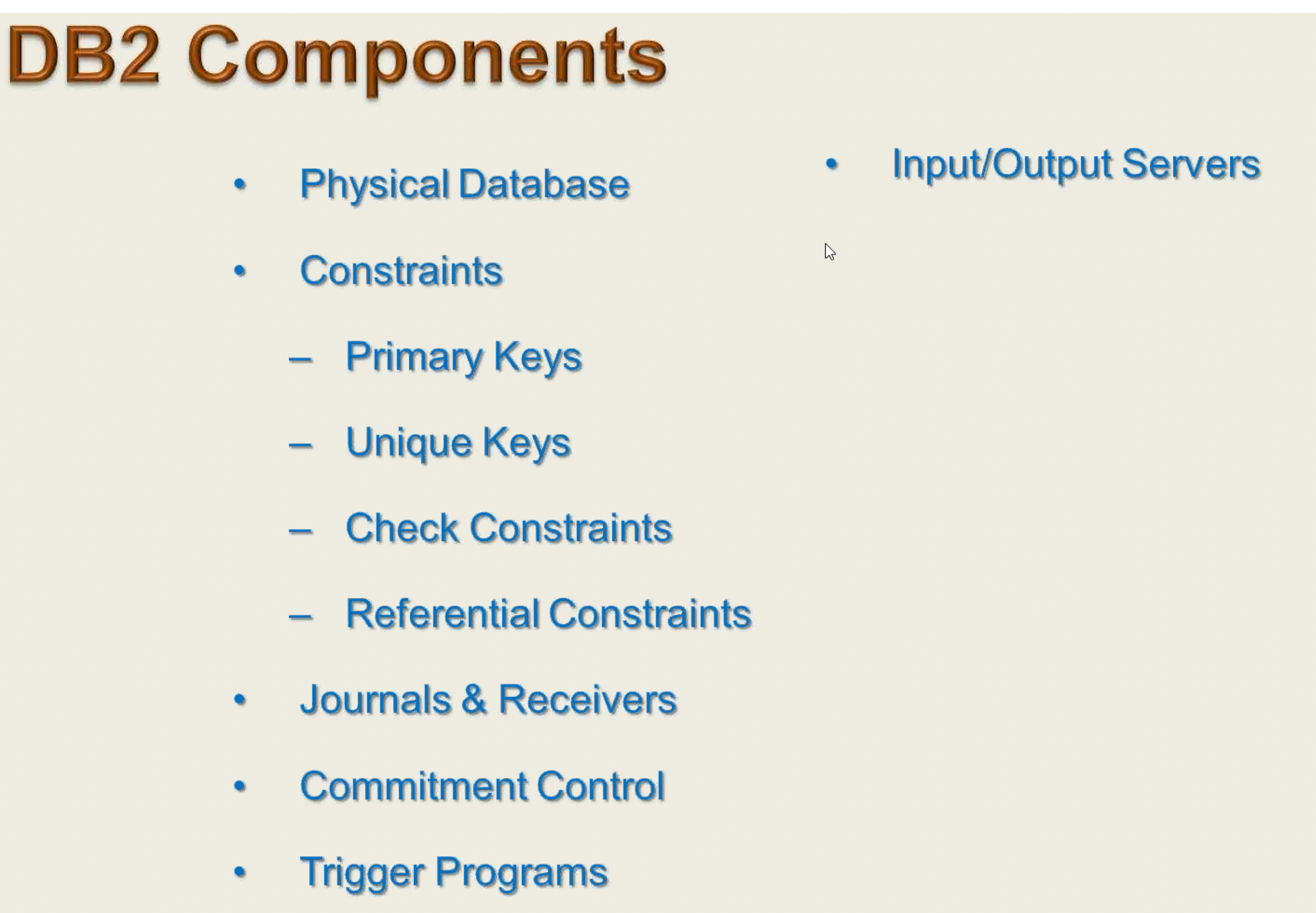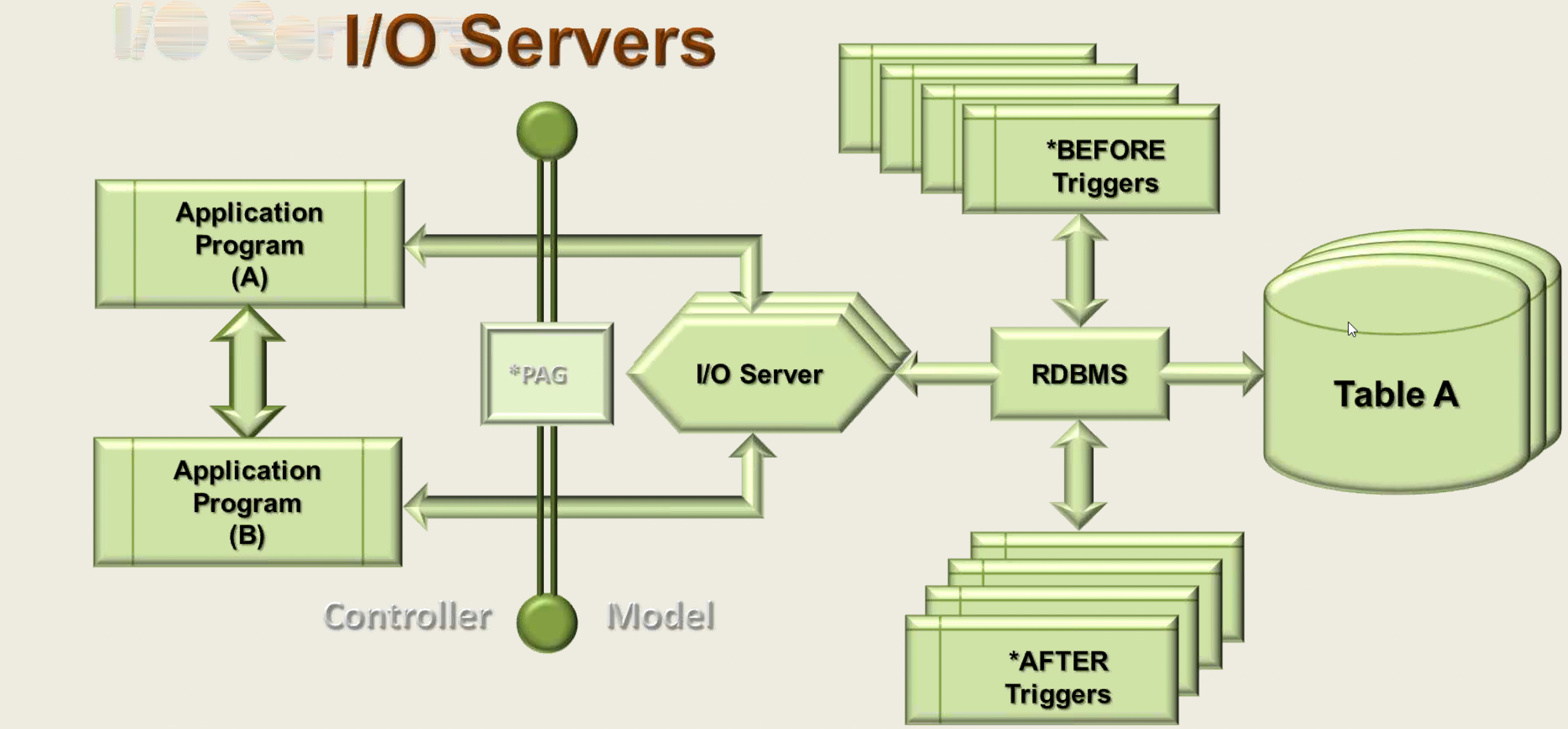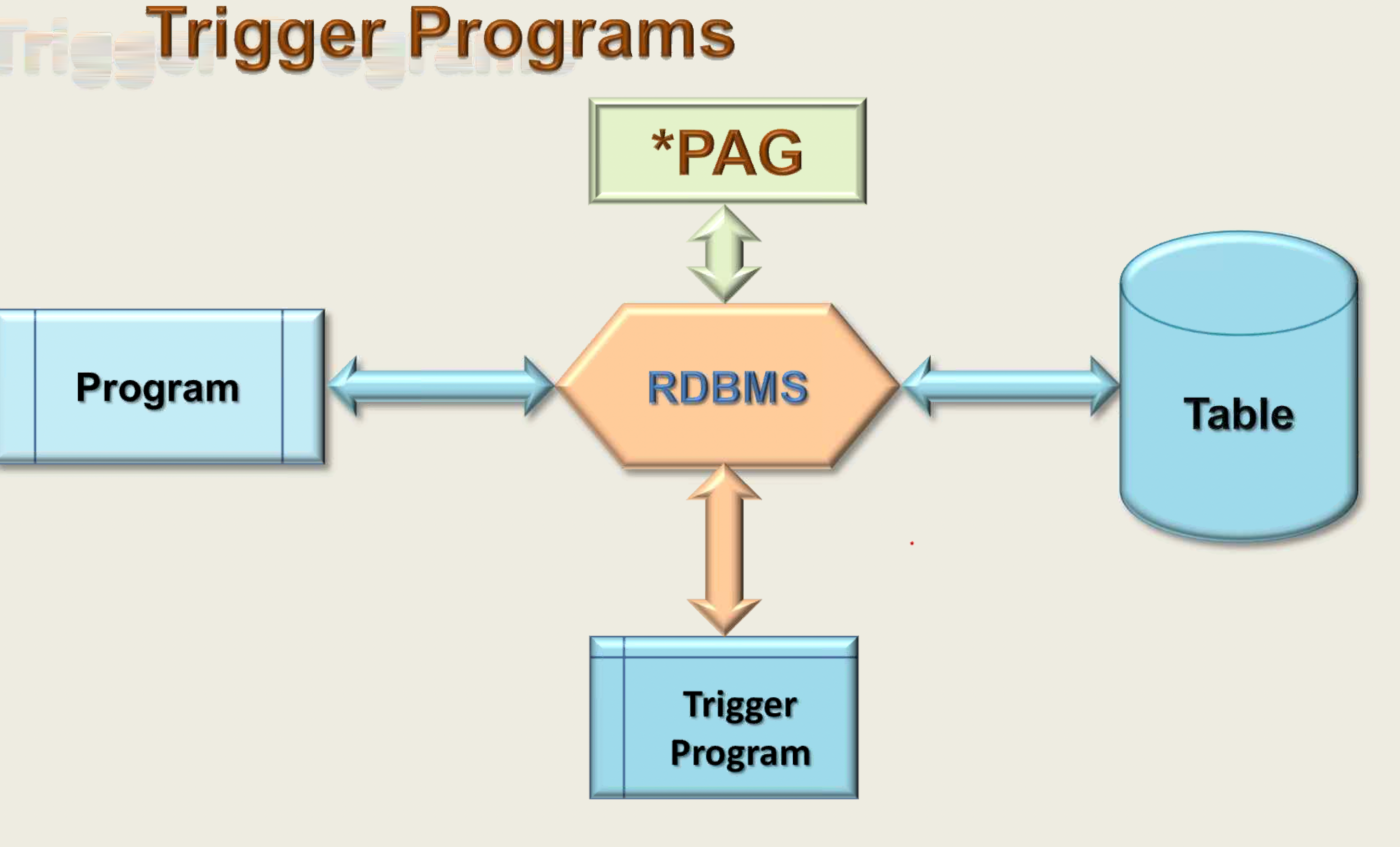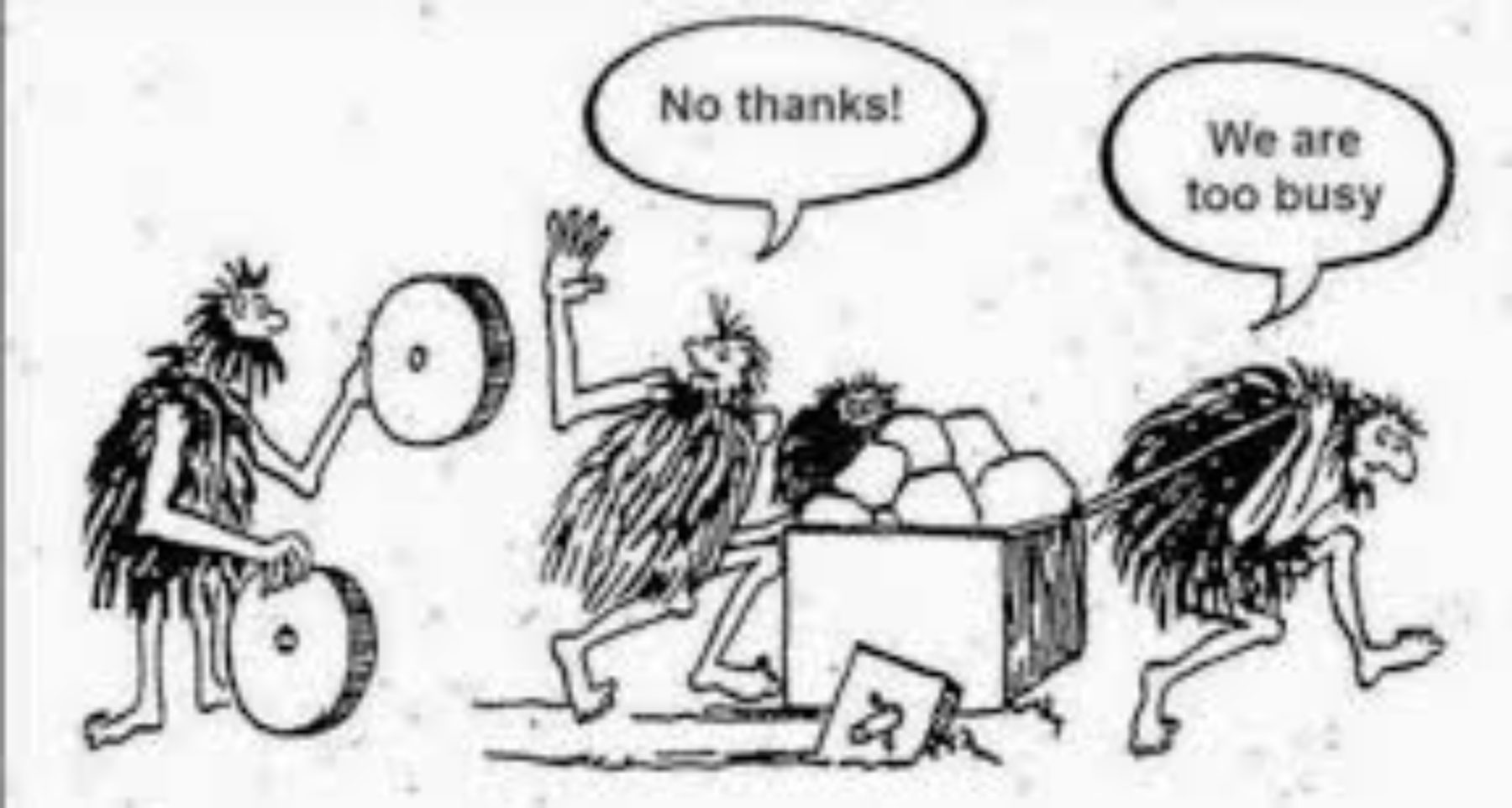A data scientist is a professional who applies scientific methods, statistical algorithms, and machine learning techniques to extract insights and knowledge from structured and unstructured data. In simpler terms, data scientists analyze and interpret complex data sets to uncover patterns, trends, and insights that can be used to inform business decisions, product development, and other applications.
Data scientists are skilled in data manipulation and have a deep understanding of programming languages, statistical modeling, and data visualization tools. They work with large amounts of data from various sources, including databases, social media platforms, and sensor networks, to extract meaningful insights.
Data scientists are essential in today’s data-driven world, where businesses and organizations require accurate insights to make informed decisions. They can work in various industries, including finance, healthcare, e-commerce, and marketing, among others.
To become a data scientist, one typically needs a strong foundation in mathematics, statistics, and computer science, along with experience in programming languages such as Python or R. Additionally, data scientists must possess critical thinking skills, attention to detail, and the ability to communicate complex data analysis in a clear and concise manner.
In summary, data scientists are highly skilled professionals who play a crucial role in interpreting and analyzing complex data sets to inform business decisions and drive innovation.


